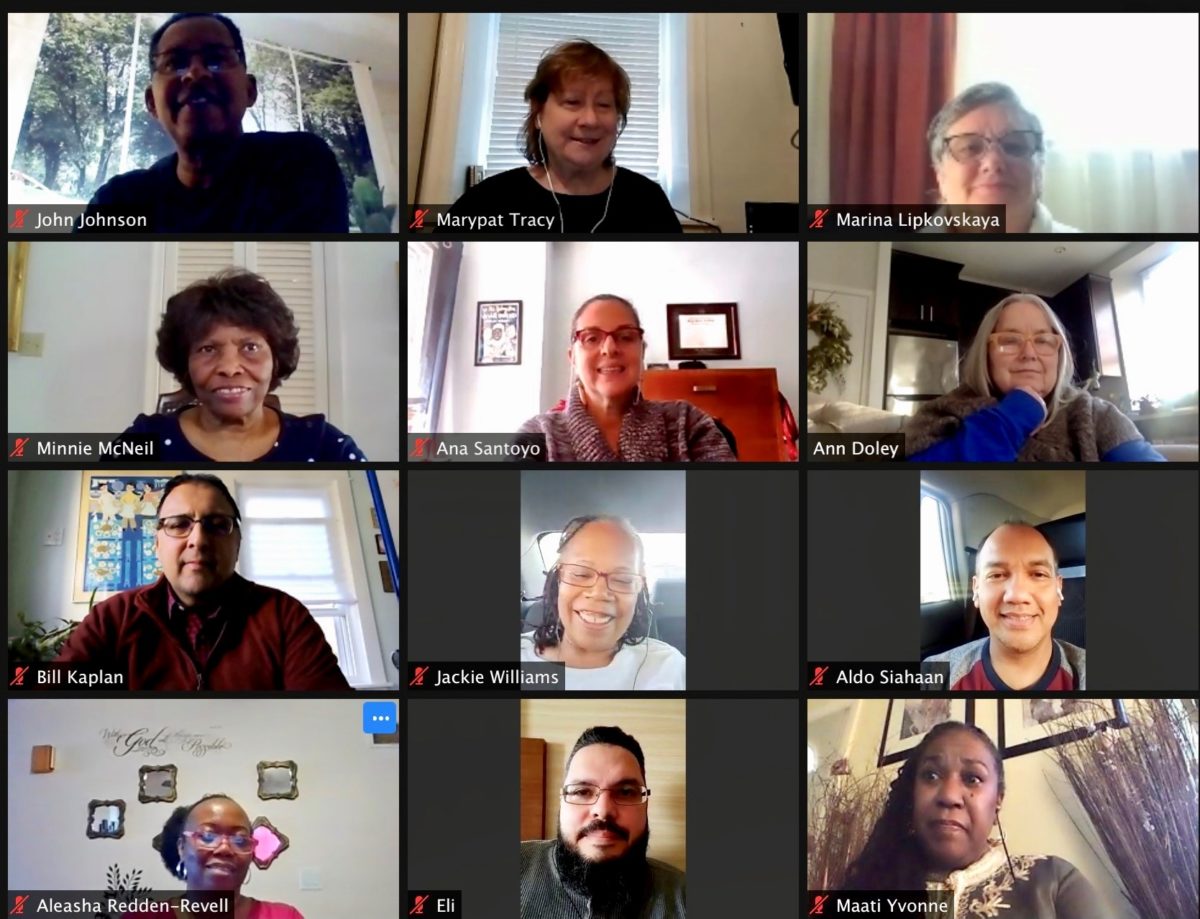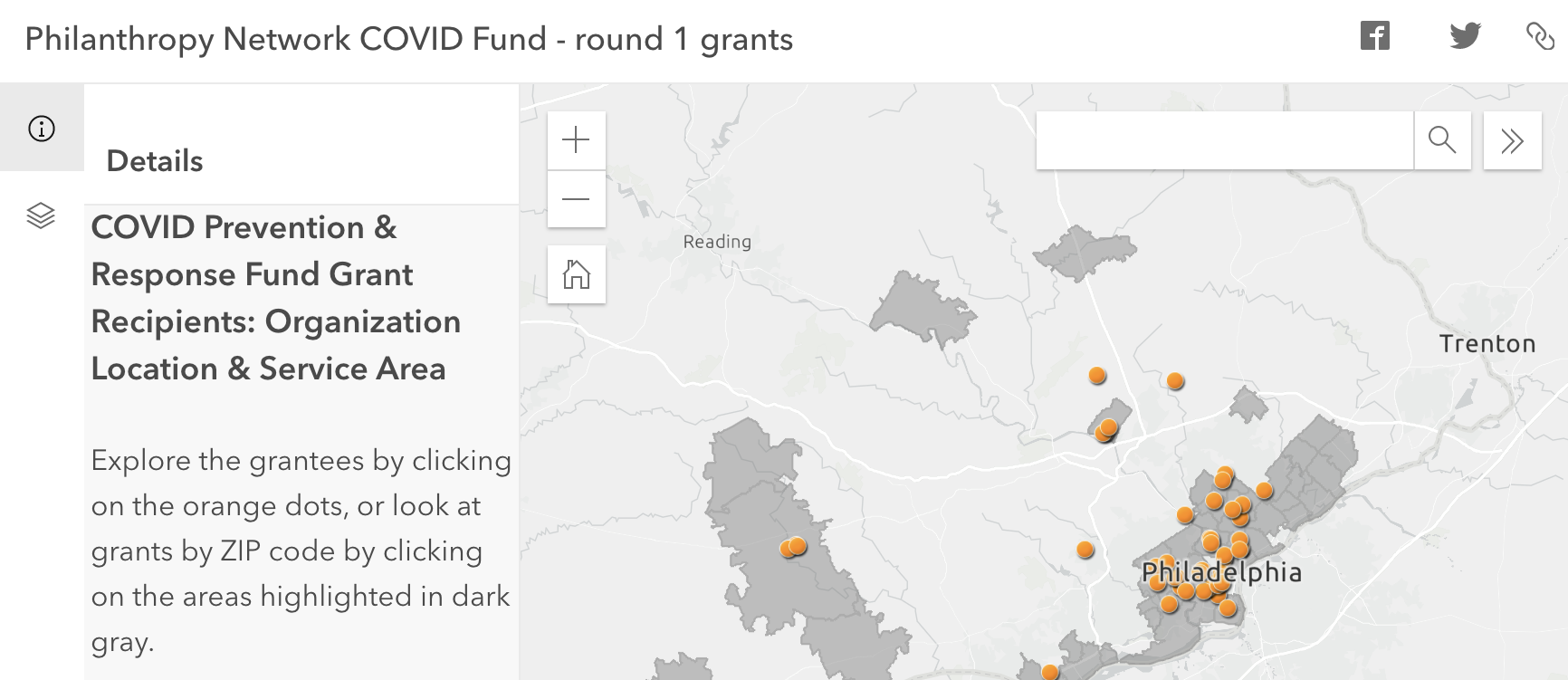Get Involved

 Become a Thought Partner
Become a Thought Partner
Partner with us to produce thought leadership that moves the needle on behavioral healthcare.
 Other options to get involved
Other options to get involved

Thank you!
We received your information and will be in contact soon!
Get Involved

 Grantmaking
Grantmaking
We fund organizations and projects which disrupt our current behavioral health space and create impact at the individual, organizational, and societal levels.
 Participatory Funds
Participatory Funds
Our participatory funds alter traditional grantmaking by shifting power
to impacted communities to direct resources and make funding decisions.
 Special Grant Programs
Special Grant Programs
We build public and private partnerships to administer grant dollars toward targeted programs.
 Program Related Investments
Program Related Investments
We provide funds at below-market interest rates that can be particularly useful to start, grow, or sustain a program, or when results cannot be achieved with grant dollars alone.
Get Involved

 Tia Burroughs Clayton, MSS
Tia Burroughs Clayton, MSS
Learning and Community Impact Consultant
Add some text here
 Alyson Ferguson, MPH
Alyson Ferguson, MPH
Chief Operating Officer
Contact Alyson about grantmaking, program related investments, and the paper series.
 Samantha Matlin, PhD
Samantha Matlin, PhD
Senior Learning & Community Impact Consultant
Contact Samantha about program planning and evaluation consulting services.
 Caitlin O'Brien, MPH
Caitlin O'Brien, MPH
Director of Learning & Community Impact
Contact Caitlin about the Community Fund for Immigrant Wellness, the Annual Innovation Award, and trauma-informed programming.
 Joe Pyle, MA
Joe Pyle, MA
President
Contact Joe about partnership opportunities, thought leadership, and the Foundation’s property.
 Bridget Talone, MFA
Bridget Talone, MFA
Grants Manager for Learning and Community Impact
Add some text here
Philanthropy Network Greater Philadelphia: COVID-19 Prevention & Response Fund
Featured Grantees
The COVID-19 Prevention & Response Fund will prioritize equity, using a trust-based model of grantmaking over the next 18-24 months.
About
The COVID-19 Prevention & Response Fund ultimately seeks to increase rates of vaccinations in communities that are disproportionately affected by COVID-19 and to address the challenges exacerbated as a result of the pandemic. Recognizing that information needs and barriers to getting the vaccine vary across communities, the Fund’s grantee partners together with Philly Counts will focus on understanding these unique needs and identifying the trusted messengers. Partners will provide customized training that will help the messengers educate and facilitate vaccinations and community support where needed. For example, a recent Philadelphia Inquirer article highlighted that seniors are more responsive to phone calls from known entities. In particular, they are more responsive to phone calls from their trusted health care providers, whose phone numbers they recognize, than they are to hospitals’ online vaccination portals. Community groups in Pittsburgh are pairing tech-savvy volunteers with those who lack access to a working computer and a reliable internet connection in order to secure vaccination appointments, as well as to provide them with transportation to and from the appointments. Understanding the community’s specific barriers and providing culturally competent information and solutions, led by trusted and knowledgeable community partners, will be key to the success of the Fund.
















